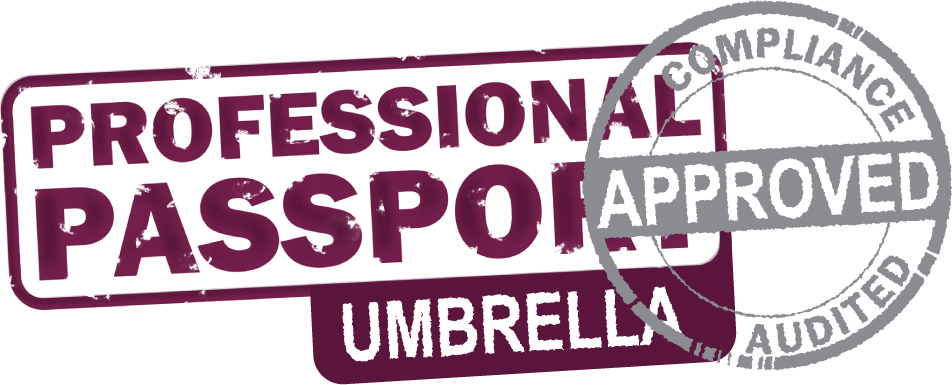
How to survive in the recession?
A guide for executives
There are ups and downs in the economy that greatly affect your businesses. Running a business in good times is quite easy but the question is how one can survive in tough times (like the recession we are facing now in this pandemic!). Adequate preparation, ensuring continued income, and reducing costs can greatly help you to survive or thrive from an economic recession.
Get prepared for an upcoming recession
Whether you are running a small/medium or a large corporate. You should get prepared for the recession that would surely affect the financial position of your business. For this purpose, the following steps can be taken:
Generating emergency fund
The emergency fund is an effective tool to fight with tough times for a business. If there is no emergency fund fixed in your business, you need to determine the amount you would be needing to contribute monthly. You can generate emergency funds by:
-
Making an appropriate financial plan and setting monthly/ annual goals based on essential costs and save accordingly
-
Making more non-liquid investments
-
Filing tax returns and add them to emergency funds
-
Keep analysing your business cash flow statement to stay aware of your emergent fund status
-
Use government help that’s been set up to help in this pandemic (i.e Bounce Back Loan, CBILS, stretching tax vat payments)
Get rid of debts
A company having lots of debt cannot easily survive in the recession period. It has to pay a higher amount of interest due to interest rates on debts. Hence you need to work to be debt-free that helps you to reduce your overall expenses. Ultimately, you would be able to use your savings (or rainy day funds) to survive in your bad times when the income is really low.
-
Use your emergency fund to pay your high-interest rate debts as a priority
-
To recession-proof your business try paying your debts timely or set up an agreement with any creditors you may have (we’re all going to be in the same position!)
-
Get low interest or interest free loans to pay off high-interest debts or to help day to day business as usual (like the BBLS or CBILS)
Find other ways of income
Having a backup for the tough times can help you to survive if not thrive through the recession in a better manner. In a recession, a lot of the people lose their jobs, businesses lose their customers, and companies lose their clients. Hence there must be a plan B to use when the earning get curtailed for some time. Innovation and adapting to change is the key to a thriving business. An individual or business should always work diligently into finding opportunities to add additional income streams and willing to looking into adapting to a certain situation. Focus on business assets by leasing or selling assets if any, look into divesting non-profitable ventures etc.
Surviving from the recession
Once the recession hits, quick and rational steps are requires to survive it. Some effective and useful steps are mentioned below, which in our opinion can be helpful in preparing a Plan B.
Build up cash reserves
Reserving cash enables you to use that money in your hardship. Every business needs to build up cash reserves. It can be used as the backup for your business to meet the cash needs when revenues take a hit. You need to reserve money equivalent to the amount you need to bear 3 to 6 months expenses of your business.
-
By streamlining the invoicing, receivables and payments procedures you save yourself a lot of headache.
-
Expense control by looking for suppliers for the business with better rates. This will help in controlling the spending and maintain cash flow
Improve your cash flows:
Another important step that you can take to survive from the recession is improving your cash flows. There are some important ways to improve your cash flows:
-
Get customers to pay invoices in a timely manner where possible
-
Enhance the prices of products & services
-
Enhance your sales market
-
Conduct liquidation of unused inventory
-
Open up a saving bank account
Minimize your expenses:
It’s easier to get carried away and ignore unnecessary expenses when the business and economic cycle is in a “boom” phase But keeping expenses in check helps you in the long run, especially. In times of recession, when income streams start condensing. Eliminating unnecessary formalities of your business that would ultimately save money. Talk to your financial advisor and plan out a strategy to control expenses
-
Make necessary expenses your priority and make a cost-cutting in the rest (like planning virtual meetings than business trips etc.)




